Parents can ask the doctor to use anesthetic to relieve pain, comfort and breastfeed the baby, and use fever reducer if needed after completing the vaccination.
Cuddle and feed
Parents should hold the baby close and breastfeed, or give the baby a pacifier dipped in sugar water. This will help the baby feel comfortable, the sweetness and sucking also helps reduce the pain of the injection. Usually, when the baby is soothed by feeding, the baby will stop crying even before the vaccination is over.
Some doctors and nurses prefer to have the baby lie on his or her back on the examination table. Parents should ask if the health care provider can administer the vaccination while the baby is in a crib or being held by the parent, to facilitate the vaccination session.
Local anesthesia required
If your baby seems very sensitive to pain, you may want to ask your doctor about a topical anesthetic for the next injection. A topical anesthetic may be applied to the skin an hour before the injection as directed by your doctor.
When giving an injection, parents should avoid worrying, stay calm to reassure the child. The reason is that when you are worried, the baby will recognize your emotions and also tend to worry similarly. During the injection, parents can distract the child by squeezing hands, making funny faces, joking or telling stories, playing games or singing the child's favorite songs.
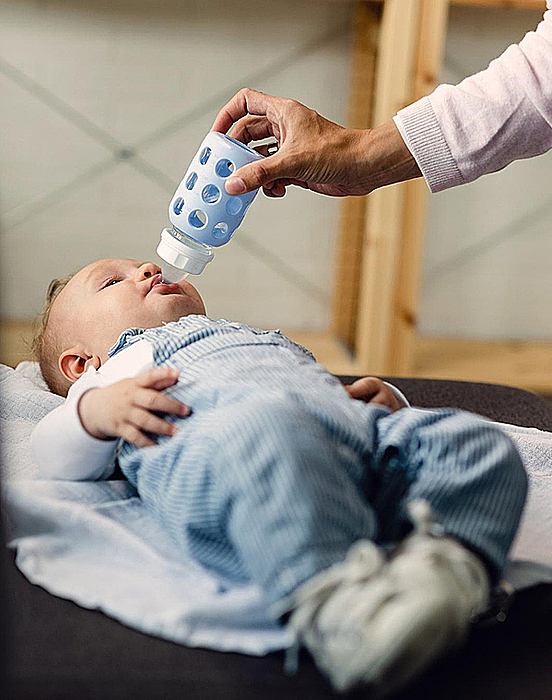
Parents can give their children a sugar-dipped pacifier to suck on after the injection to comfort them. Photo: Freepik
Antipyretic
If your child has a fever or shows signs of discomfort in the hours or days after the shot, you can give him or her a dose of acetaminophen, a pain reliever and fever reducer. However, you should not give it to your child before the shot, as this is ineffective and can weaken the child's immune response.
Parents can consult a pediatrician when giving their child medication, following the dosage instructions based on the child's weight and symptoms. In addition, the family should massage the child's legs after the injection to reduce pain from the injection and post-vaccination reactions.
Track symptoms
When your child gets vaccinated, ask the nurse or doctor about side effects. Possible reactions include redness at the injection site, fever, fussiness or mild loss of appetite. However, parents should not worry too much, these are reactions that show that the child's immune system is working.
Infants rarely experience serious side effects after vaccination. However, if the child cries a lot, continuously for more than three hours, or has a high fever above 40 degrees Celsius, convulsions, or facial swelling, the family should take the child to see a doctor immediately.
Chile (According to Parent )
Source link


![[Photo] Touching images recreated at the program "Resources for Victory"](https://vstatic.vietnam.vn/vietnam/resource/IMAGE/2025/4/14/99863147ad274f01a9b208519ebc0dd2)

![[Photo] General Secretary To Lam chairs the third meeting to review the implementation of Resolution No. 18-NQ/TW](https://vstatic.vietnam.vn/vietnam/resource/IMAGE/2025/4/14/10f646e55e8e4f3b8c9ae2e35705481d)
![[Photo] Children's smiles - hope after the earthquake disaster in Myanmar](https://vstatic.vietnam.vn/vietnam/resource/IMAGE/2025/4/14/9fc59328310d43839c4d369d08421cf3)
![[Photo] Opening of the 44th session of the National Assembly Standing Committee](https://vstatic.vietnam.vn/vietnam/resource/IMAGE/2025/4/14/03a1687d4f584352a4b7aa6aa0f73792)

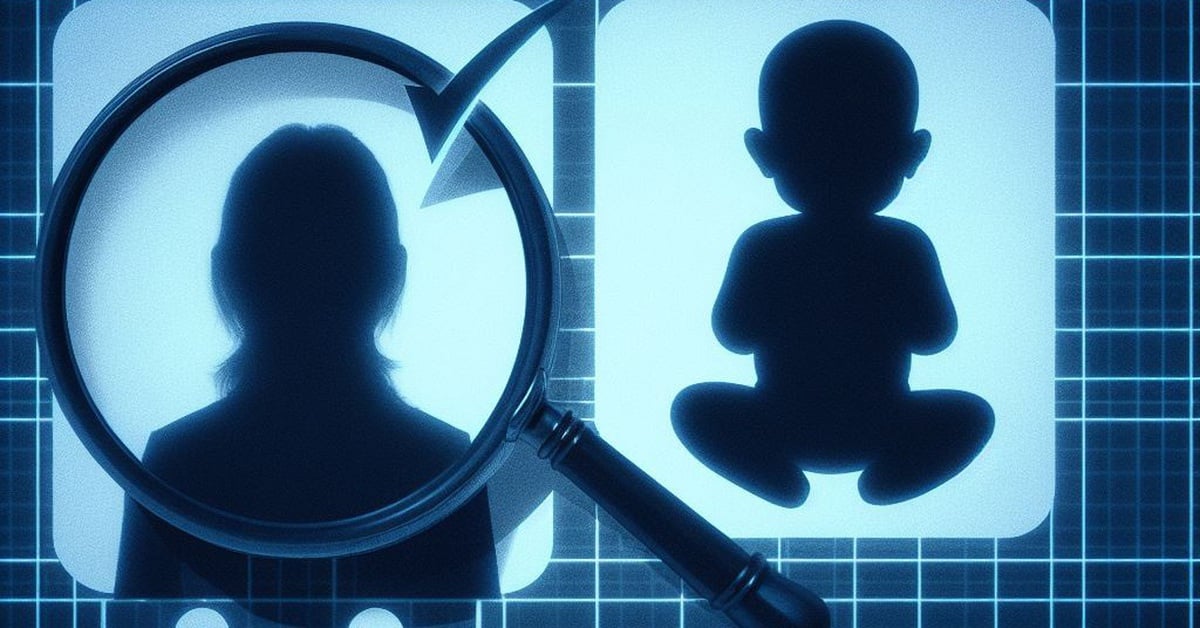

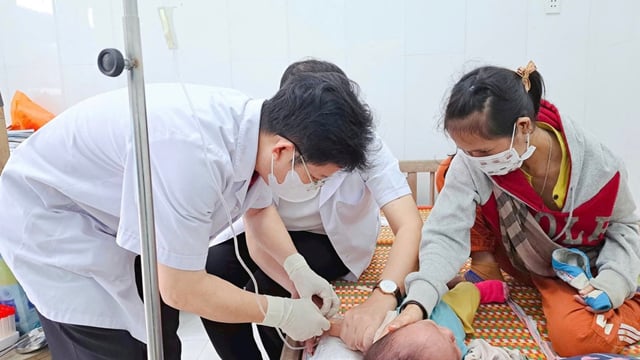

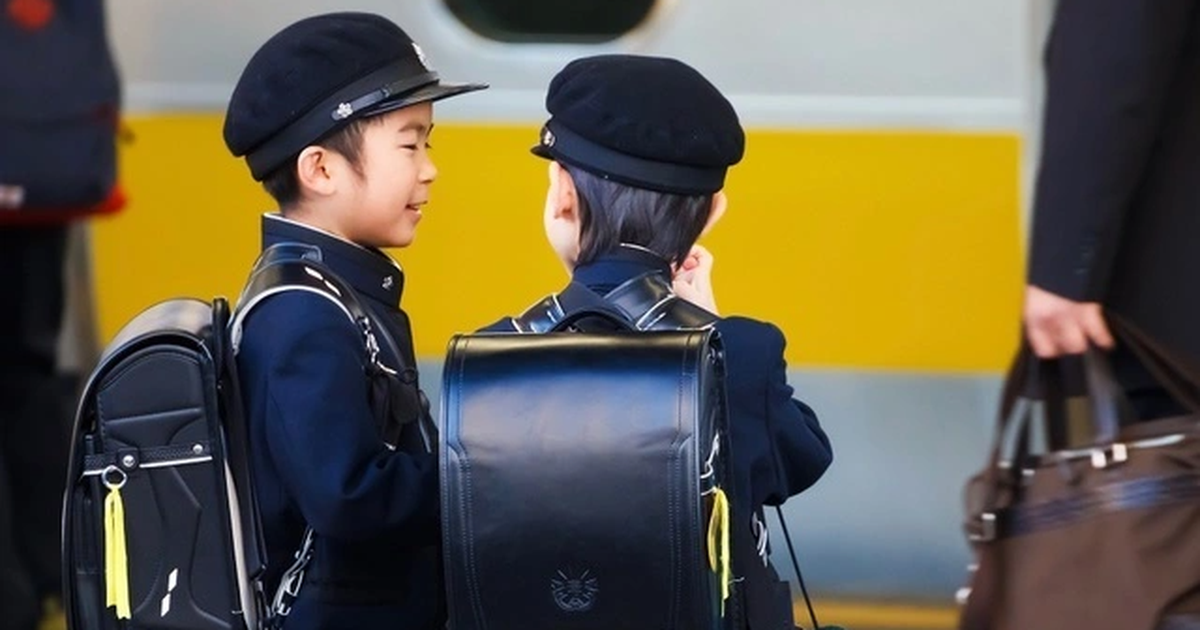

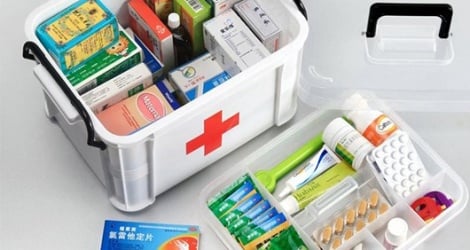

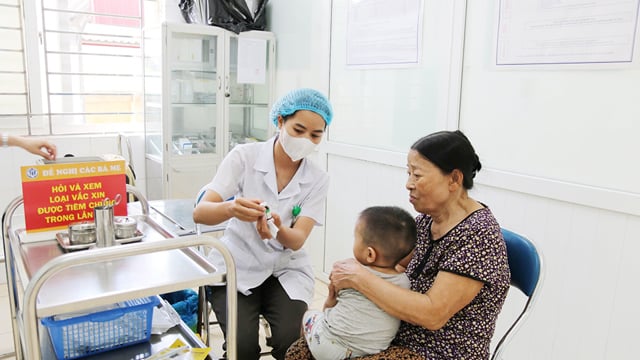
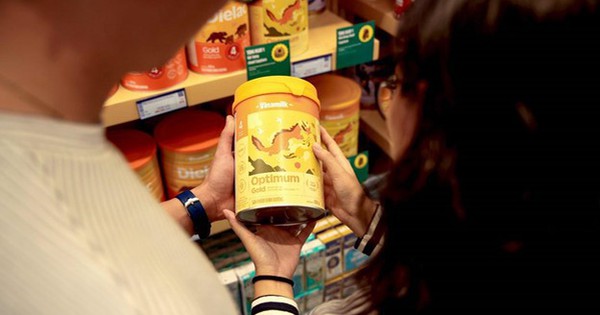


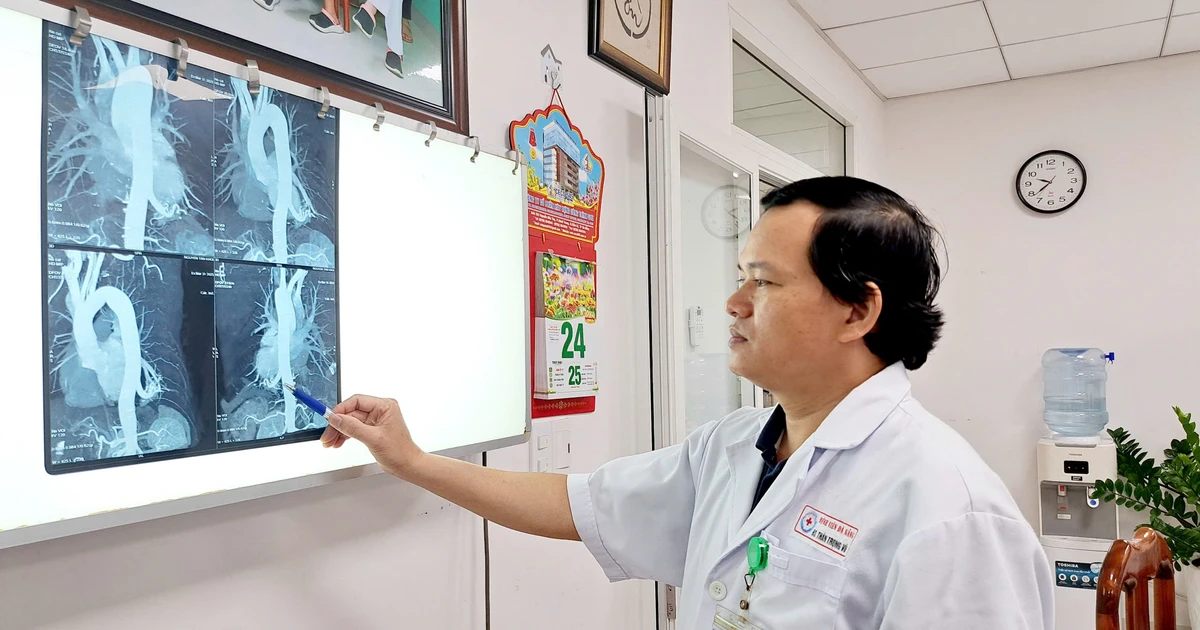



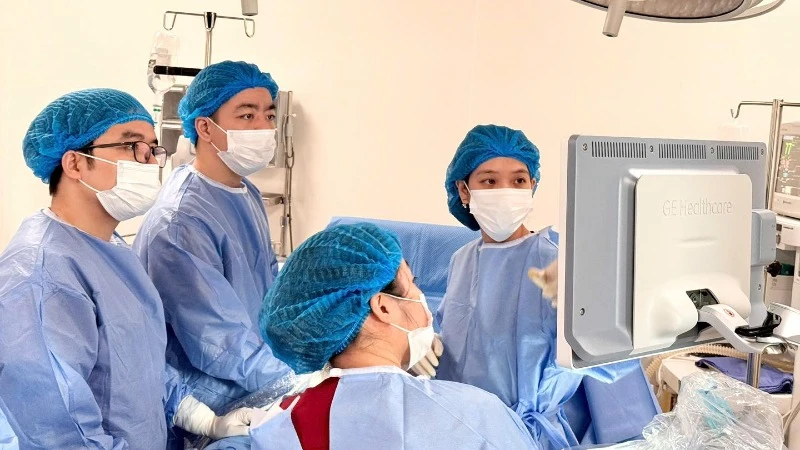
























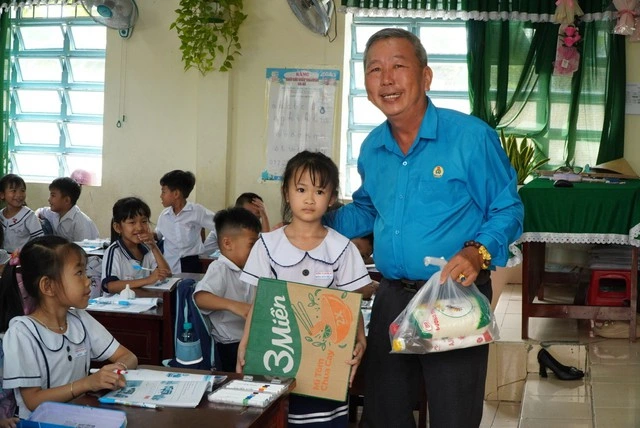




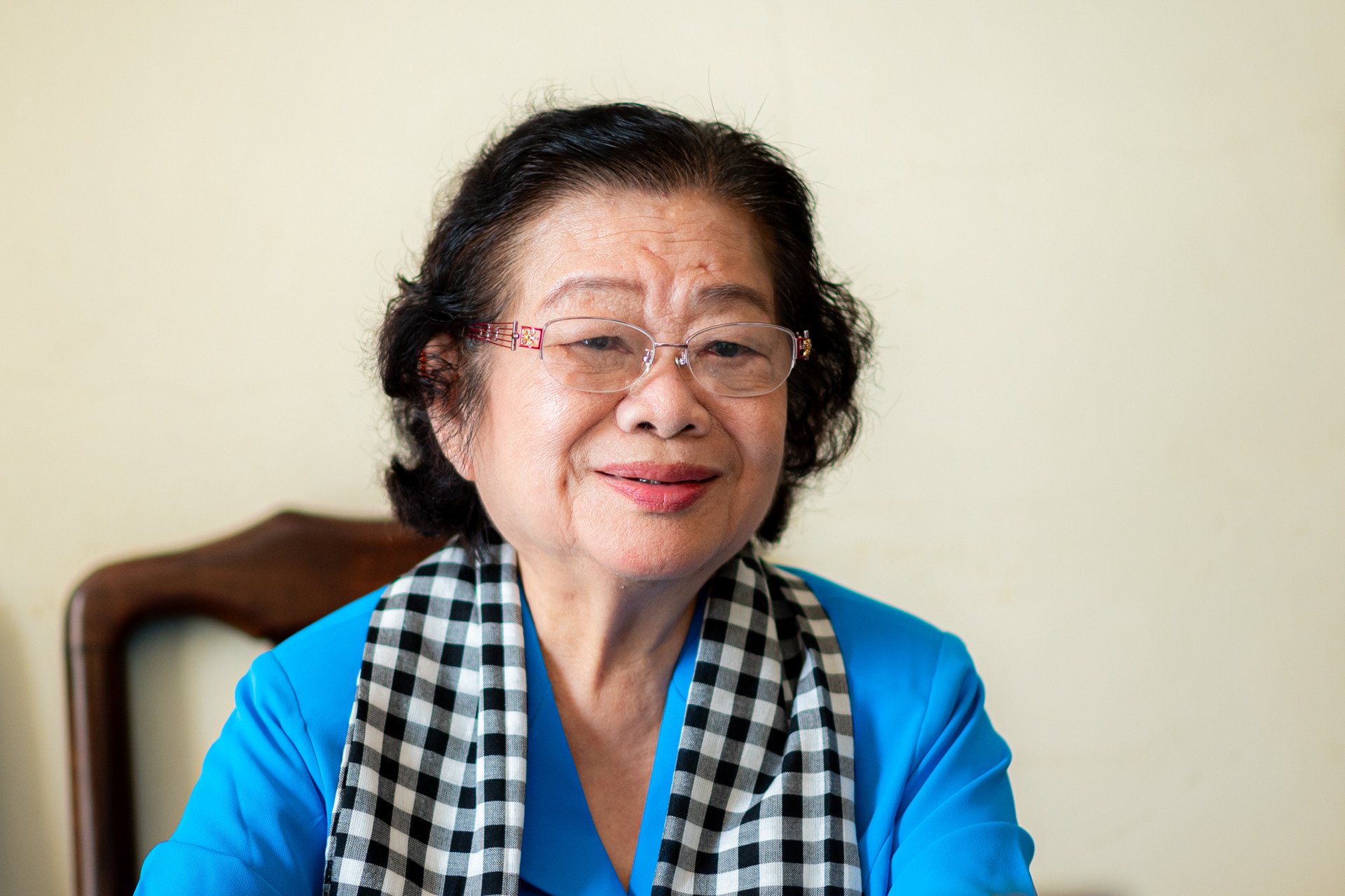

























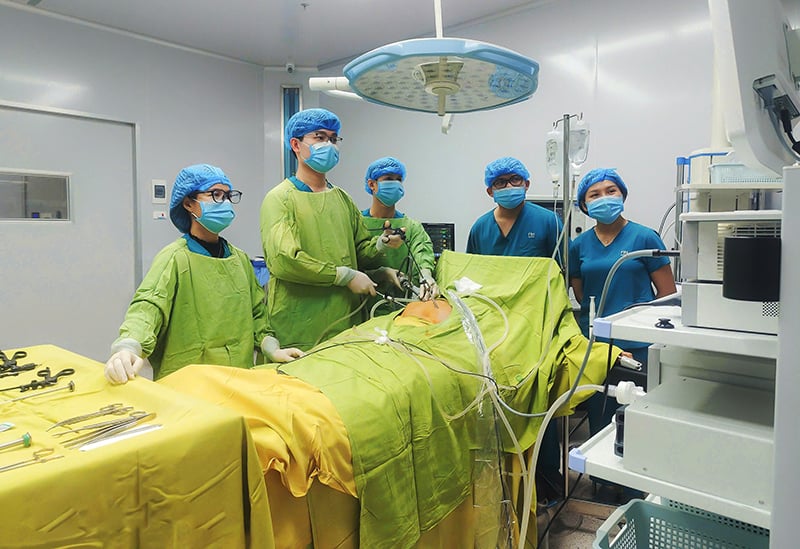












Comment (0)